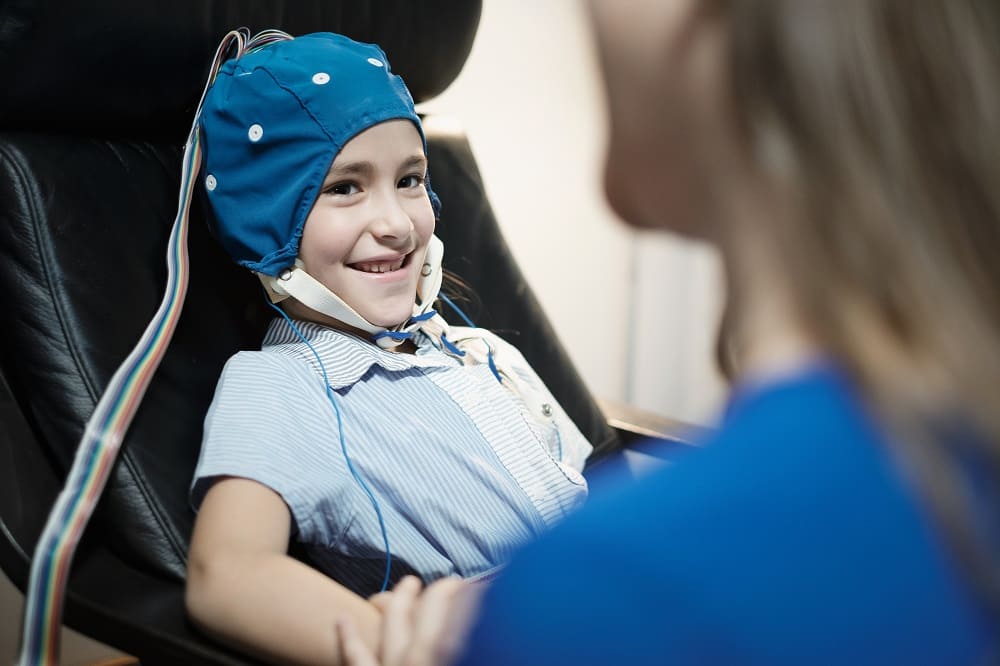Self-Regulation: It’s a Mind-Body Thing
Self-regulation is an important skill that allows people to manage their thoughts, emotions, and behaviors effectively. What is self-regulation? It is the ability to have control over oneself, to resist impulsive actions, and to make decisions that line up with long-term goals and values. This valuable skill is a foundation of personal success and well-being, affecting many areas of life, including relationships, academics, career, and overall happiness.
As we become more overwhelmed with information and the speed of life increases, self-regulation is becoming increasingly important. The ability to delay gratification, stay focused, and persevere through challenges is crucial for meeting our goals. Those who have good self-regulation skills are better able to handle stress, overcome obstacles, and adapt to new situations.





